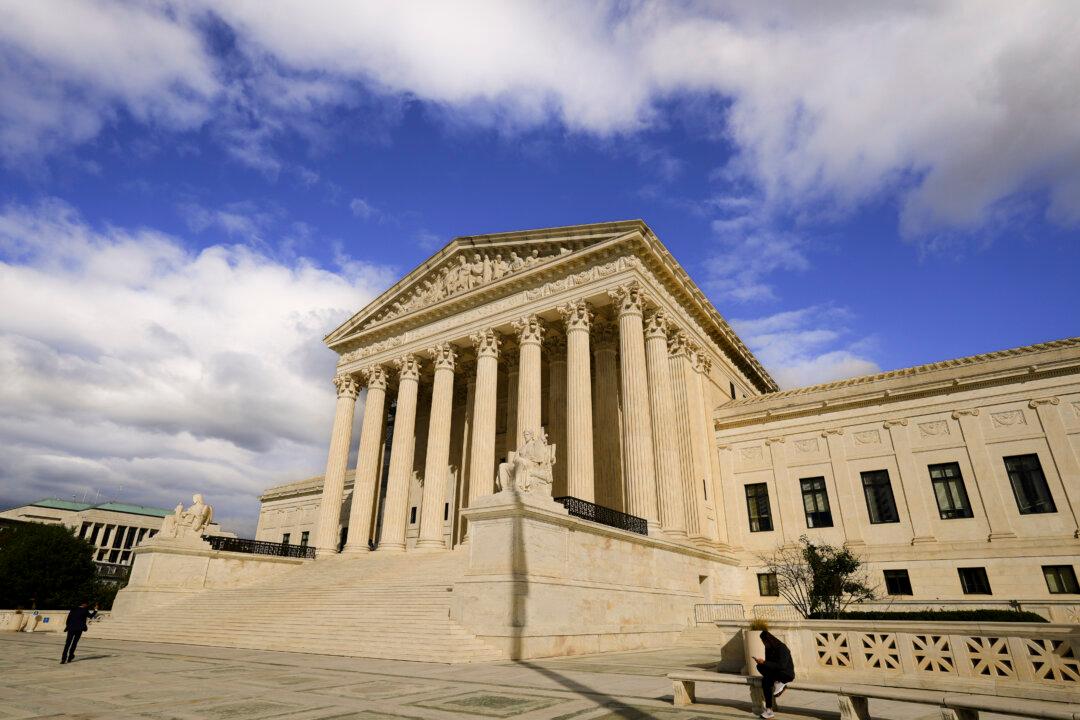The U.S. Supreme Court on Oct. 30 rejected a challenge from a manufacturer to tariffs on steel imports that were created by former President Donald Trump and have been kept in place by President Joe Biden.
The justices declined to hear PrimeSource Building Products’ appeal of a lower court decision that upheld a 25 percent tariff on imports of steel derivatives.





